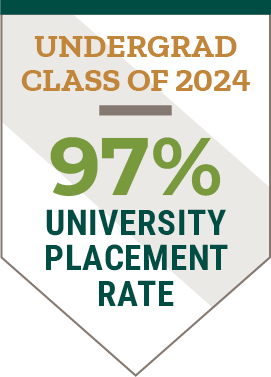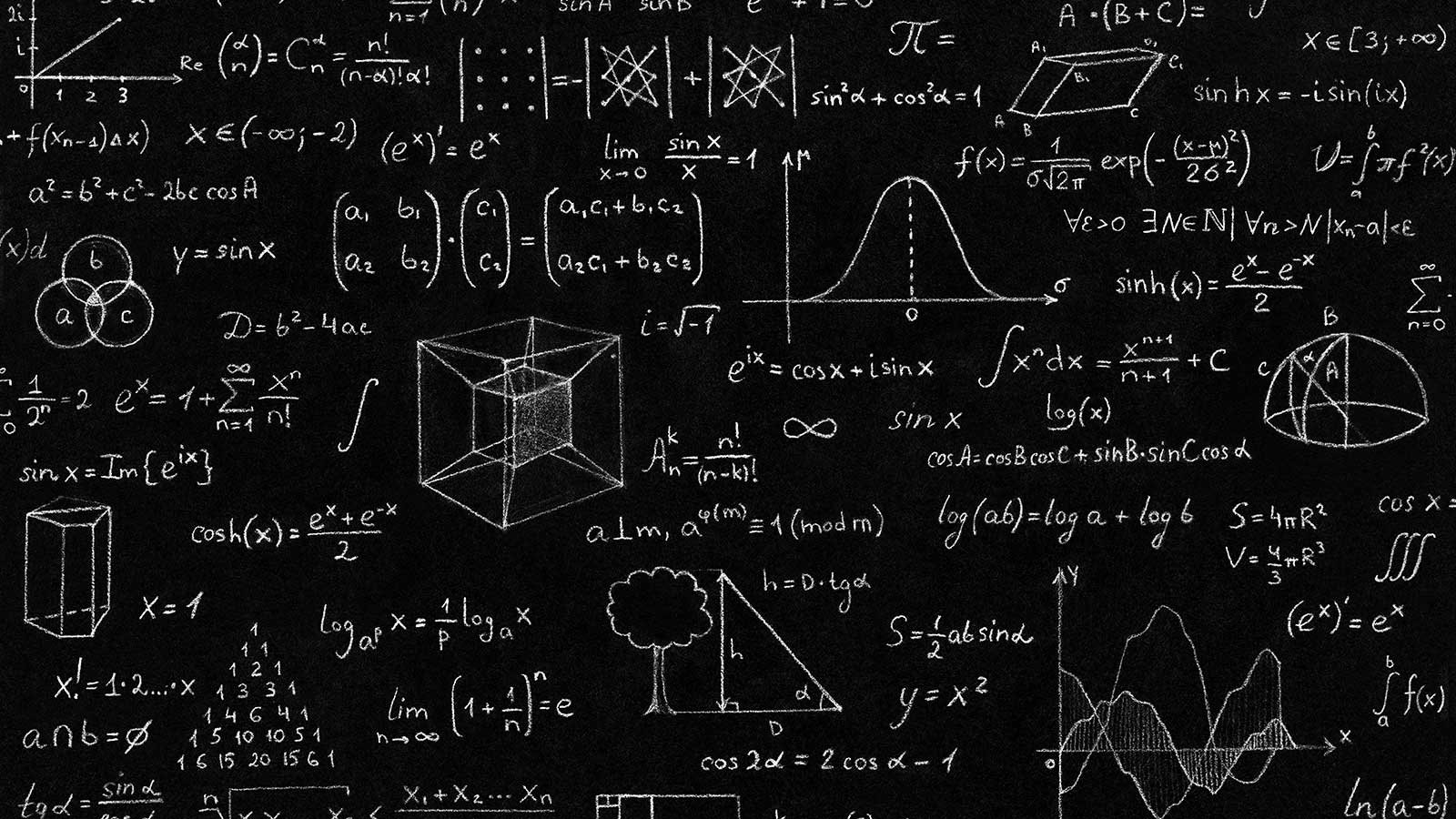
Not just big data. Better data.
Every organization is looking to use data to drive decision-making. A bachelor's degree in data science from Clarkson University shows you how. You'll ask and answer questions that lead to happier customers, more efficient production, better patient outcomes — and a stronger, smarter bottom line.
The emerging challenge is not just one of data storage and number crunching. Algorithms are impacting nearly every aspect of our lives — what news we will be shown, whether our résumé is viewed, if our loan application is accepted. Artificial intelligence promises potentially huge benefits for society, but it is obvious that these capabilities must be properly managed.
The science of data provides the interdisciplinary skills to effectively reason in this space — to deliver the appropriate critical thinking that machines cannot.
Why Study Data Science at Clarkson?
As a data science major at Clarkson, you'll go beyond theory and learn what it takes to solve real-world problems. Whether you're in finance, healthcare, government, retail or countless other industries, data science powers how decisions get made.
You'll build a strong core course foundation in math and computer science, with a supporting foundation in information science from the Reh School of Business as you gain a 360-degree view of the field. By the time you graduate, you'll understand the entire data science lifecycle. You'll help organizations determine what data to collect, construct the systems needed to store it, develop the algorithms to make sense of it and share what you learn with others. Our intention is to equip you with the skill set to be a leader now and for the next generation of tools.
And, Clarkson's Data Science Class of 2024 had a 100 percent placement rate.
What You'll Learn
In addition to 35 credit hours in mathematics and statistics, you'll take six hours of specially designated data science coursework, six credits of application electives and 22 credit hours in computer science and information systems.
You can take classes including:
- Algorithm and Data Structure
- Big Data Architecture
- Computational Learning
- Database Design and Management
- Data Warehousing for Analytics
- Ethics in Data Science and Applied Mathematics
- Intro to Data Science
- Math Modeling and Software
- Probability and Statistics
For more information, view the course catalogue for current program requirements, course numbers and credit hours




